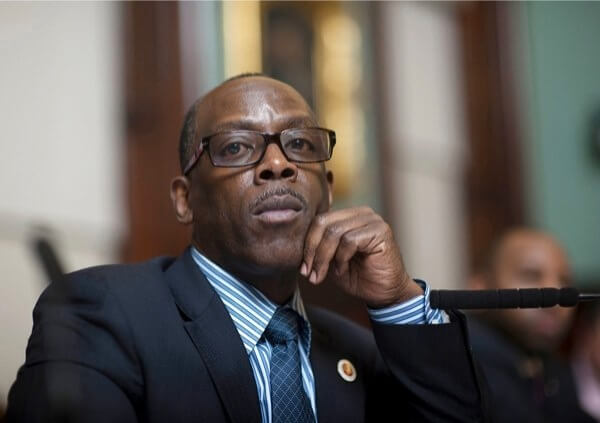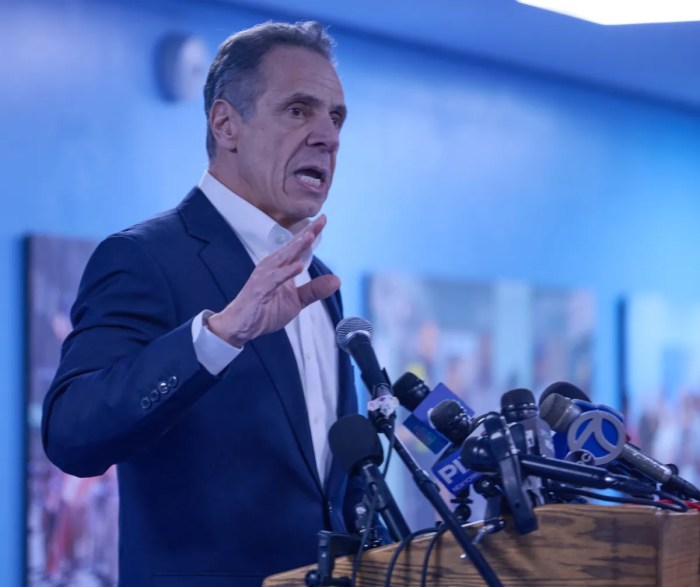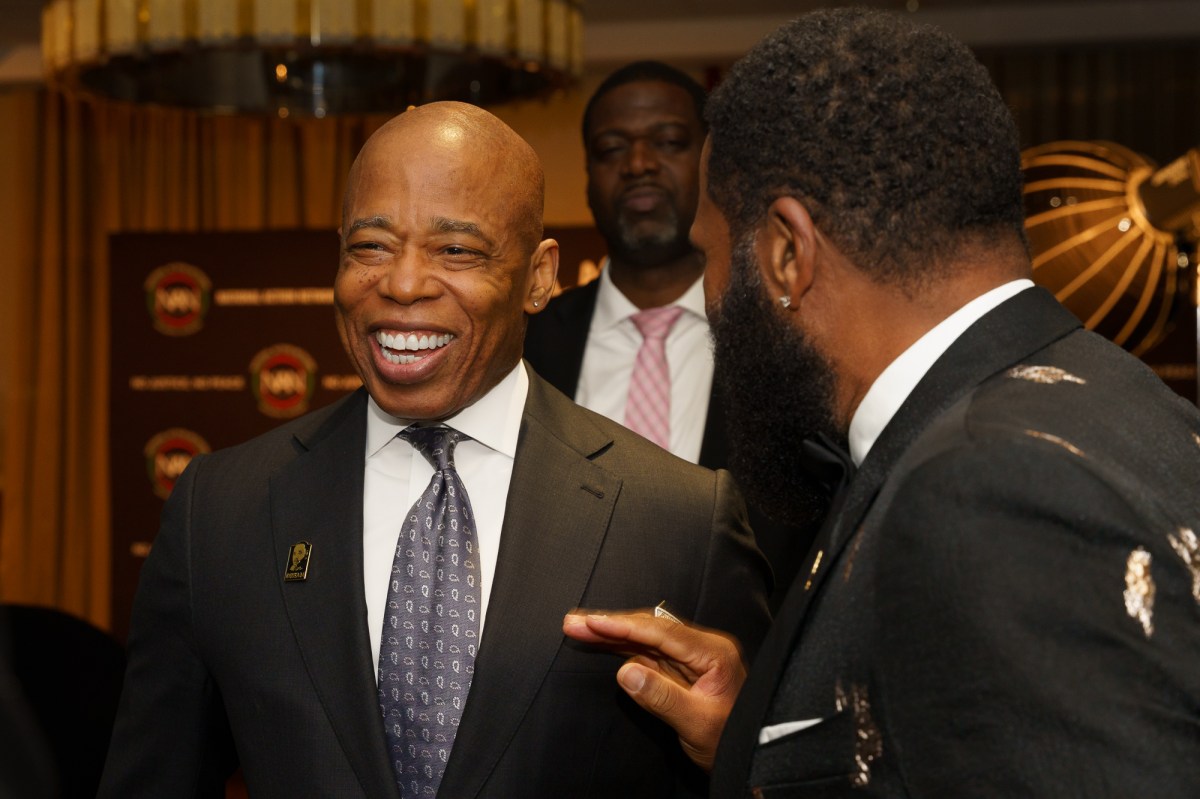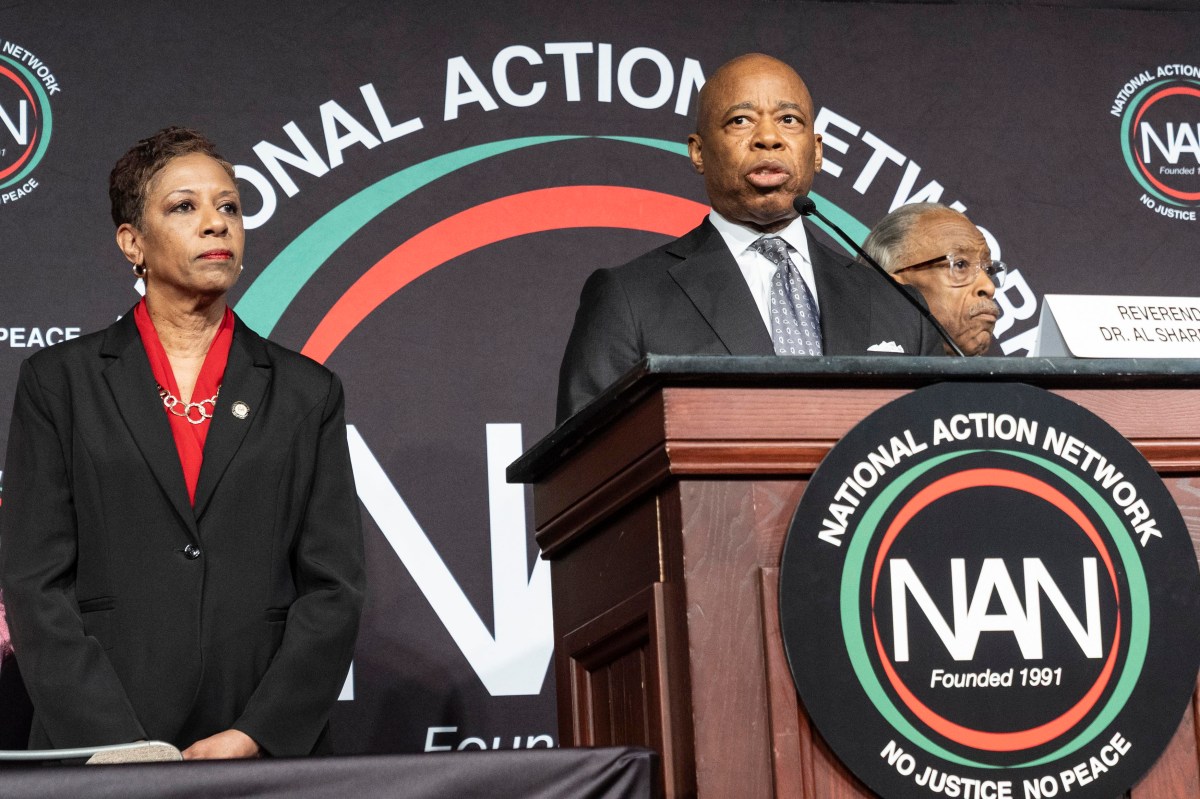By Patrick Donachie
A southeast Queens councilman is hoping the New York City Council will produce legislation that can curtail the use of small hotels by the Department for Homeless Services for housing homeless individuals by requiring any hotel to be constructed to require a permit for usage, regardless of the zoning in a particular area.
Councilman I. Daneek Miller (D-St. Albans) said the preponderance of small hotels in the Jamaica neighborhood, often situated in residential areas where a market for hotel rooms was unlikely, led hotel owners to contract with the city to house the homeless in lieu of regular business. Miller said some hotels had contracted with the city even prior to opening during a Queens Borough Board meeting at Borough Hall in October.
“It appears we’ve created this underground economy, where these developers and hotel owners want to do business with the city as opposed to what they were charged to do,” he said. “They’re building hotels in locations in the city that aren’t conducive to hotel traffic and before they open up, they are housing homeless families.”
The number of homeless in the New York City shelter system remains high, according to DHS data. The Dec. 6 census indicated 60,868 individuals were living in shelters, 23,788 of them children. The 1979 New York State Supreme Court decision in Callahan v. Carey mandated that homeless men, women and children in New York City had a legal right to shelter. The city rents out hotel rooms in order to have shelter for individuals available day-by-day, according to Catherine Trapani, the executive director of Homeless Services United.
“Because the state constitution guarantees a right to shelter, the city has a legal and moral obligation to supply housing to individuals,” she said. “The city says you can and should build shelter, but because you have to be nimble, and for whatever reason there is a number of people at the door, there needs to be a shelter bed, kind of on a dime.”
Trapani acknowledged that while hotels are in some ways built for transitional living, it is not a good long-term solution, and said the city could curtail their use by determining how much shelter space is truly needed in the city. More robust investment in eviction prevention, an increase in supportive housing and a restructuring of how the federal government determines affordability could also help lessen the crunch on the city each night, she stated.
Community Board 12, which includes parts of Jamaica, Hollis and St. Albans, includes about 40 percent of the homeless services in the borough, according to board Chairwoman Yvonne Reddick. She said the area was overburdened and she was concerned for homeless children living in the smaller hotels, saying such children often went without necessary services. She expressed frustration at developers who partnered with the city to house the homeless, calling it a “moneymaking venture.”
“The average small hotel right here in Board 12 is not full to capacity every day, so they’re taking in the homeless and getting paid,” she said. “We have nothing against the homeless, but we feel that we’re being dumped on. We’re housing the majority of them in Queens County, and we’re getting additional people but we’re not getting additional resources.”
Miller said a possible solution would be to require hotel developers to need a permit to construct a hotel. The smaller hotels currently can build as-of-right in certain areas in Jamaica, and a hotel can convert into contracting with DHS to provide beds for the homeless. With a permit, Miller hopes the process can be more transparent as to the developer’s intentions.
“They know what they’re doing,” he said, referring to the developers.
Reach reporter Patrick Donachie by e-mail at pdona


































